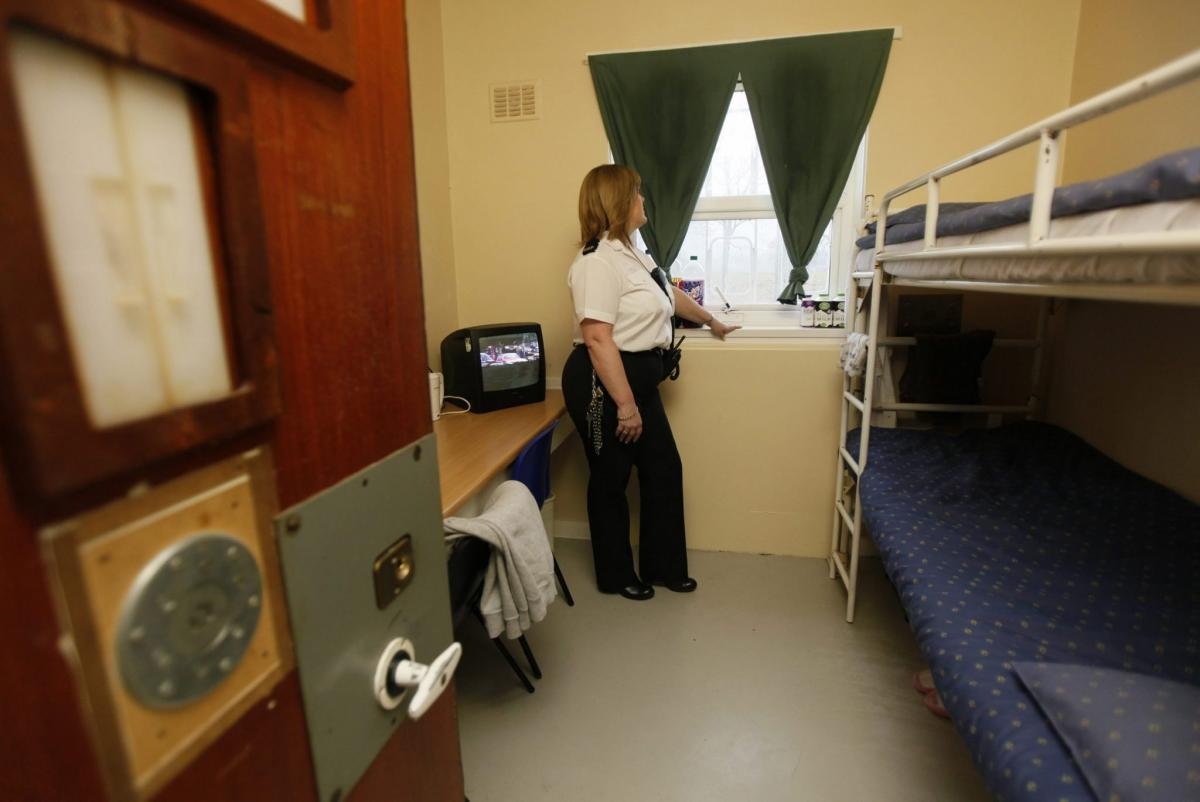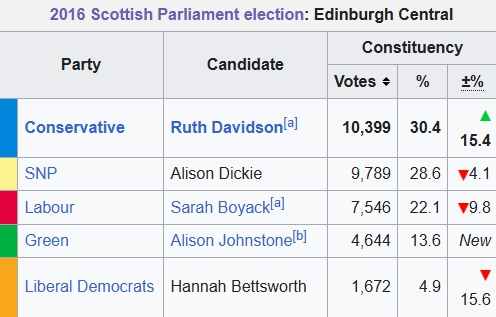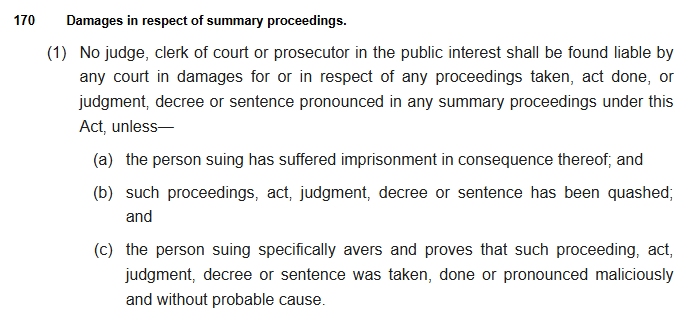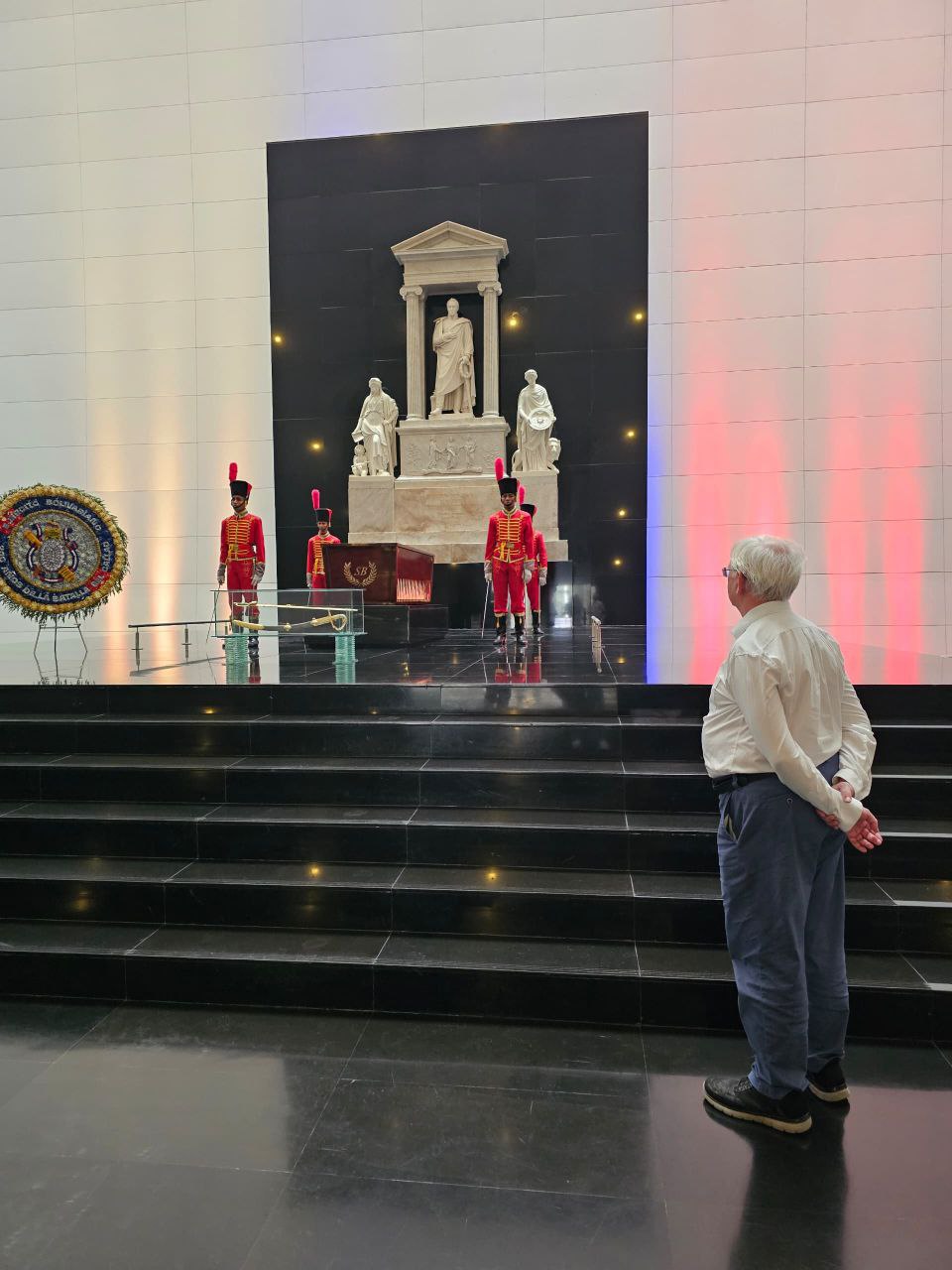Faroese Friends
A particularly powerful article contrasting the status of the 54,000 population of the Faroe Islands with the 5.5 million Scots. It throws up multiple embarrassments that we need to learn from and sort out. Faroese Friends We were in the staff room when I suddenly realised I hadn’t a clue what was being said acrossContinue reading "Faroese Friends"

A particularly powerful article contrasting the status of the 54,000 population of the Faroe Islands with the 5.5 million Scots. It throws up multiple embarrassments that we need to learn from and sort out.
Faroese Friends
We were in the staff room when I suddenly realised I hadn’t a clue what was being said across the table. Maja and Helena were in private communication in their mither tongue. It wasn’t Danish, it was ‘Føroysk’ — Faroese.
Maja was my first meaningful contact with the Faroe Islands. She was much further from her North Atlantic home than I was mine, but we were both exiles in Denmark. Through a series of coincidences it was Faroese Maja who handed over the keys to my first flat here in the city of spires. She was moving. Her only request was that I looked after her piano until she could collect it.

It’s quite a moment, finally having your own digs. A feeling of independence. And my first experience of this kind of personal freedom came via the Faroe Islands.
I was, like most of we Scots aware of the existence of the Faroes, but confused as to their actual status. I was certainly unaware of the Faroese mither tongue until I heard Maja chatting with my colleague, Helena, in a non-definable language that day.
I was teaching English in an inner city school at the time, and to my surprise it turned out Maja an Helena were sisters (not their real names, by the way). They didn’t look much alike at all. Maja was lithe and bright-eyed, a definite live wire. Helena more staid and conservative. Helena was on the permanent staff, and was, I thought, just one of the Danes. Maja was a supply teacher helping with German classes.
The North Atlantic home of these two sisters is of interest to we Scots, not least because they enjoy a level of practical autonomy within the Danish realm (Rigsfælleskabet) our nation can only dream of. To be fair, we were promised much more in 2014. Who can forget the oft-repeated Mundell-ism, “the Scottish Parliament will become one of the most powerful devolved parliaments in the world”. The first lie in this is that you cannot be devolved that which is already yours. Scotland like the Faroe Islands is a sovereign territory, a sovereign nation in a political Union. It was never in England’s gift to ‘give us’ a parliament. The Scottish people are sovereign and any Scottish democratic expression of the people’s will is what counts.
Mundell’s lie, however, along with all the others, never seemed to bother the SNP 56 that much. Chatting in Tivoli Gardens with a visiting indy activist in 2015, we were perplexed as to how quickly a near 100% majority of Scots MPs in the English Parliament had become so tame, so placid — so settled in.
There’s no more damning evidence of this than Tommy Sheppard’s speech from that same year. Here’s a Twitter link to some edited highlights, although ‘lowlights’ is probably more accurate:
The history of the Faroe Islands — their settlement, their Nordic and Celtic connections, and their path to autonomy is a story as old as Scotland’s. However, the Faroese Government points out that, although the Danish authorities,
“sought a gradual political and legal integration of the Faroes into the Kingdom of Denmark during their democratisation process in the second half of the nineteenth century… the Faroes fully preserved their status as a distinct territory and jurisdiction. At no point have the People of the Faroes approved such integration.”

These words are worth repeating: “The Faroes fully preserved their status as a distinct territory and jurisdiction. At no point have the People of the Faroes approved such integration.”
Part of the Danish Realm, along with Greenland, in much the same way Scotland and Wales are part of a political union, the Faroese were at no point conned into believing that they’d lost their status as a distinct territory, nation and people. Their minority language hadn’t been beaten out of them either, as evidenced by Maja and Helena’s conversation.
If you’ve been following the work of salvo.scot and the Scottish National Congress, you’ll realise the significance of the words above. At no point did Scotland become part of England, territorially. The Union of the Crowns in 1603 and the political union of 1707, did not cede Scotland to England, any more than it ceded England to Scotland. Scotland, like the Faroes, remains a distinct territory and jurisdiction – regardless of what a majority of neo-colonial English MPs think.
It’s quite remarkable that some 50,000 people on a windswept island group, not only managed to preserve a “political and legal structure fully based upon Old Norse traditions” but that they over the centuries “kept their own national, historic, linguistic and cultural identity.”

This is what Høgni Hoydal, Deputy Prime Minister and Minister for Foreign Affairs meant when, in a recent press briefing, he said:
“Respect for your culture is a basis for progress.”

Now, just a minute, did we just read that the Faroe Islands has a ‘Minister for Foreign Affairs’? Yes, we did, and they do. ‘But how is this possible?’ you may ask. After all, as mentioned, English MPs and their Scottish puppets constantly repeat the mantra: “the Scottish Parliament is one of the most powerful devolved parliaments in the world”.
Yet, unlike the Faroe Islands, we don’t have a Minister for Foreign Affairs? No, that’s because we accept the lies we are spoon-fed. England not only occupies Scotland militarily, it treats us as though we were a colonial possession to exploit and plunder, as it has done with half the world. ‘But you Scots participated in colonialism, too’, is the cry. Yes, many did. But Scotland, as a nation, had no more of a say in colonial power than slaves chained on a slave ship had a say in the navigation and administration of their vessel. The colonial power was ‘Britain’, which is – and always has been – a euphemism for England.
This is described by in the old pamphlet, ‘The Case for Scotland’, C. Stewart Black:
“She [England] has been perfectly frank in her attitude. To her, Britain does not exist; it is some imaginary place, a delusion to which Scotsmen have an absurd attachment, the misguided idiots!
“This island of ours is England, ruled by the English king and the English parliament, its shores guarded by the English navy under the English flag, with the help of the English army.” (The Case for Scotland, C. Stewart Black)
If we pick up the Faroese story in 1946, we discover that the people of the islands held an independence referendum (initially approved by the Danish authorities). The result was a Yes, and the Faroese parliament recognised the decision. It appears that the Danes were unprepared for this outcome. Whatever the reason, they immediately dissolved the parliament in Torshavn. After an election, the new administration accepted an advanced form of ‘home rule’ in 1948.
It was precisely this home rule that allowed the Faroes to opt out of the European Community in 1972, consequently keeping its fishing waters intact and safe. By way of contrast, Greenland became part of the EU as it had not yet received Faroese-style home rule. When it eventually did (in 1979), Greenland exited the EU within five years.
What all of this means, of course, is that if the British state and its Better Together propaganda unit had come good on their pre-indyref home rule promises, Scotland could have remained in the EU post-Brexit. But our nation, despite being promised the earth in 2014 by our collective house-jock parties, still lacks the most basic set of foreign policy powers as part of the devolution farce — powers that a tiny island-group nation of 54,000 inhabitants has had for more than half a century! But there’s more. In May 2005, the ‘Foreign Policy Act of the Faroe Islands’ was passed. The wording is significant:
“The Act is based upon a Treaty between the Government of the Faroes and the Government of Denmark as equivalent Parties…”
Yes, you read that right, real-life equivalent Parties, an actual ‘Union of Equals’. There’s none of your Westminster-style mocking and ritual humiliation between the parliament at Christiansborg and the Faroese Government in Torshavn. These are grown-up, international relations between two parts of the Danish realm.
There are a number of subsections to the Act, not least regarding security and defence. But Section 1 of the 2005 Act states that the,
“Government of the Faroes may negotiate and conclude agreements under international law with foreign states and international organisations…”
And they can do so on any matter under the wide-ranging jurisdiction of the, “Authorities of the Faroes”.
When Maja handed over those keys, to that little ground floor flat in Copenhagen’s Valby district, all those years ago, I never dreamt that her island nation would point me to an even greater sense of independence decades later.
Territorially sovereign Faroe Islands, is a mirror image of Scotland in Union. But the differences between our Union partners could not be greater. Denmark does not plunder the Faroe Islands. It respects the nation’s right to its resources and assets whether they be on land, in the sea, or in subterranean deposits. And unlike the economic smoke and mirrors of GERS, Copenhagen actually provides the Faroes with a modest block grant, which has been steadily reduced over the past 30 years.
Also, the Faroes are free to take over more areas of responsibility, as and when they are ready. Deputy PM Høgni Hoydal said in his recent speech that,
“Today, the Faroese economy is stronger than the Danish economy… For us, everything is about self-reliance and about self-determination.”
And as far as that goes, there is no hindrance to the Faroes exiting the Danish realm. Of course, a small nation of 54,000 people may feel safer with its commonwealth ‘mother’ watching out for its security, but with that come the dual spectres of NATO and Washington. Hence the current bone of contention between Copenhagen and Torshavn about a revamped radar station.
Denmark has fully bought into the new Cold War being promoted by London and Washington. The demonisation of all things Russian has reached fever pitch. The Faroe Islands, though, as a nation, has other national considerations – not least its fishing industry and export market to the east.

With an increasing population (after years of decline), 274,000 square kilometres of Faroese territorial waters, and renewed emphasis on Faroese language and culture, our northern neighbours have turned a corner. Their style of ‘gradualism’ really work — but that’s easy to accept when you can reclaim your full independence at any time. We Scots can, too — if we begin to view ourselves in an international context and not merely through the covetous eyes of a colonial regime in London.
* Watch and learn from Høgni Hoydal’s recent international press conference in full:
* Foreign Policy Act of the Faroe Islands (Act No. 80 of May 14th 2005)
https://www.faroeislands.fo/government-politics/constitutional-status/the-foreign-policy-act/
MY COMMENTS
As always I am grateful to publish another of Peter’s excellent articles. This one, in particular is so useful as it highlights just how poorly Scotland has been served over the years by our elected representatives who have consistently sold us short at every turn. This should be compulsory for them to read repeatedly to highlight the consistent lack of ambition and vision of politicians past and present. Scots need to pay much closer attention to those we elect.
I am, as always
YOURS FOR SCOTLAND
BEAT THE CENSORS
Sadly some websites seek to censor what their readers have access to read. This is particularly true of sites whose existence is primarily to support the views of one particular party and they seek to block articles which do not slavishly support that particular doctrine. My readers have worked out that the best way to defeat that attack on the freedom of speech and thought is to share my articles widely, thus defeating any attempt at censorship. My thanks for this.
SALVO AND LIBERATION
Are playing a crucial role in taking Independence forward. This site limits donations to Yours for Scotland to a maximum of £3. We do not need more as all we seek to do is to cover the costs incurred in running the blog therefore once this is secured each year all further donations are forwarded to Salvo and Liberation. My thanks for all who choose to support us in this way. It is appreciated.
What's Your Reaction?











































